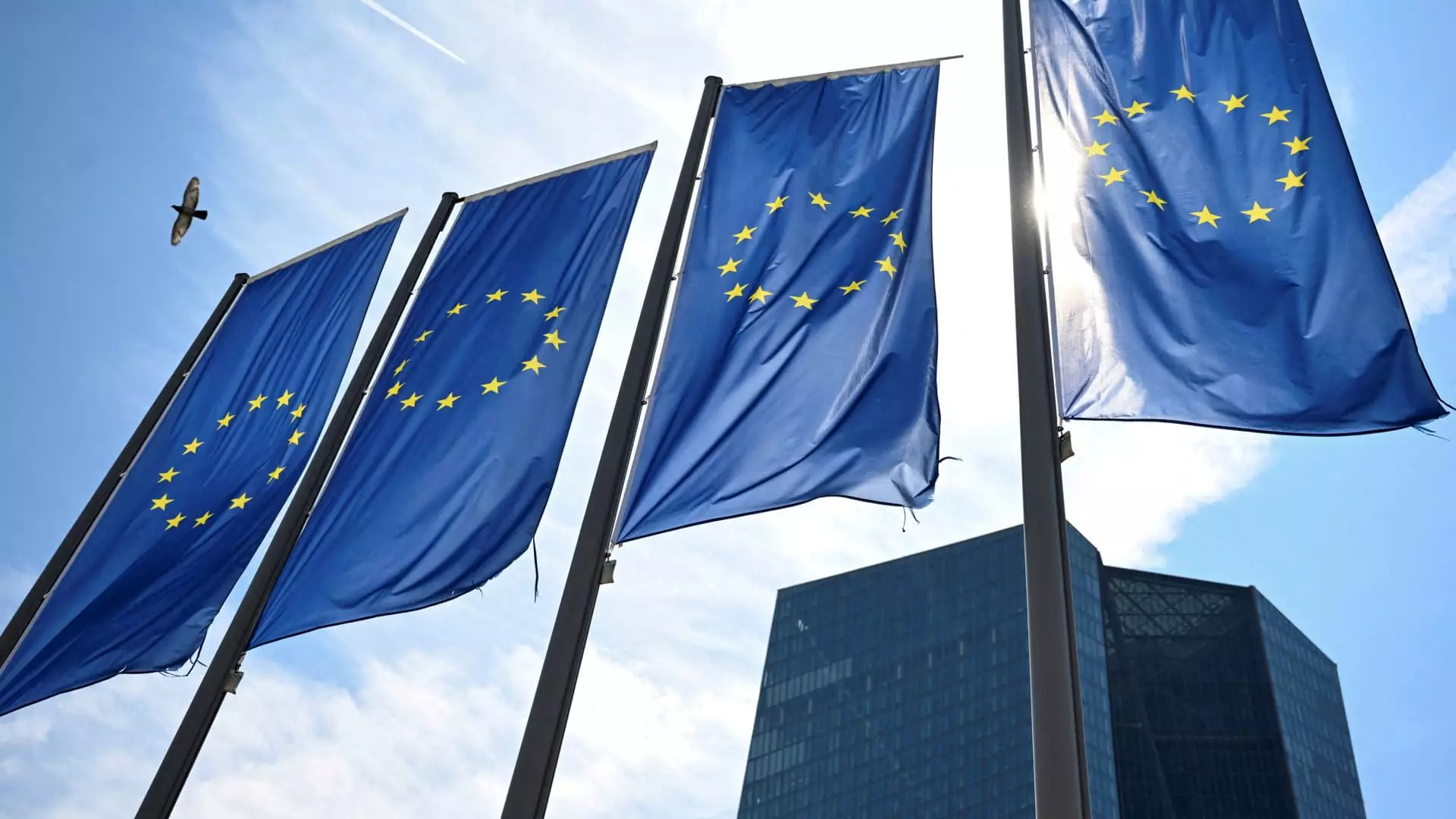In the wake of escalating trade tensions and the looming shadow of U.S. tariffs, European leaders convene to strategize on one of the most pressing issues of our time: financing significant investments in defense. The meeting comes at a time when U.S. President Donald Trump has reaffirmed his administration’s commitment to impose tariffs on imports from key trading partners—Mexico, Canada, and China. The forthcoming regulations, scheduled to take effect imminently, have left European Union (EU) officials on high alert. While European goods have been spared for now, there is a palpable anxiety within the EU that they could soon face similar retaliation as Trump expresses unequivocal dissatisfaction with the trade dynamics between the U.S. and Europe.
Trump’s assertions regarding the European Union’s trade practices highlight a crucial narrative—one that revolves around perceived inequities in the global trading system. During a recent engagement with the media, Trump pointedly remarked that the EU “has really taken advantage of us,” indicating the United States’ significant trade deficit with the bloc, which exceeds $300 billion. This scenario raises essential questions about the future of transatlantic relations, urging European leaders to fortify their defense and economic strategies amidst potential adverse fallout.
According to data from the European statistics office, the U.S. not only stands as the EU’s largest export market but also significantly influences the bloc’s import dynamics. The trade flow is characterized by a two-way exchange; the EU primarily exports automobiles and pharmaceuticals while relying on the U.S. for essential commodities such as oil and natural gas. This interconnectedness renders the stakes incredibly high for both parties, as the repercussions of any tariff imposition could ripple through the global economy and disrupt established trade patterns.
With this intricate web of dependencies, EU officials are commencing discussions on mitigating potential damage from U.S. tariffs. There exists a growing consensus that enhancing energy imports from the United States can provide the EU with a strategic advantage in navigating these tumultuous waters. As officials prepare for the leaders’ summit, there is an expectation that the latest developments in U.S. trade policy will dominate conversations, despite the likelihood of not devolving into a full-blown debate over tariffs.
Separating Policy from Politics
While the political ramifications of U.S. tariffs loom large, European authorities are keen to maintain a sense of composure in their approach. An EU spokesperson articulated the bloc’s disappointment regarding Trump’s recent actions, affirming a commitment to a harmonious trading ecosystem underpinned by low tariffs. The EU holds a steadfast belief that such measures cultivate economic growth and stability; therefore, it is poised to respond decisively if necessary.
This dual strategy of encouraging trade while preparing for potential confrontation underscores the EU’s complex diplomatic quandary. Officials recognize that even though current U.S. tariff directives do not target EU exports directly, the potential for an indirect fallout remains an ever-present threat. As one anonymous senior diplomat cited in discussions, the specter of an escalating trade battle with the U.S. is becoming increasingly unavoidable.
The upcoming meeting of European leaders presents both an opportunity and a challenge. There exists a paramount need for unity and strategic foresight among EU countries as they address these multifaceted issues. This is exacerbated by the recognition that while certain solutions—like scaling up LNG purchases—may be viable, the complexities involved in negotiations will not be simple.
The meeting amidst rising U.S. tariffs evokes critical considerations for the EU; it stresses the importance of devising a comprehensive approach to international trade that secures mutual benefits while fortifying against unilateral policymaking. As Europe grapples with these challenges, the power dynamics in trade relationships will likely redefine future engagements and shape a more resilient economic framework for the EU in the face of uncertainty.


Leave a Reply